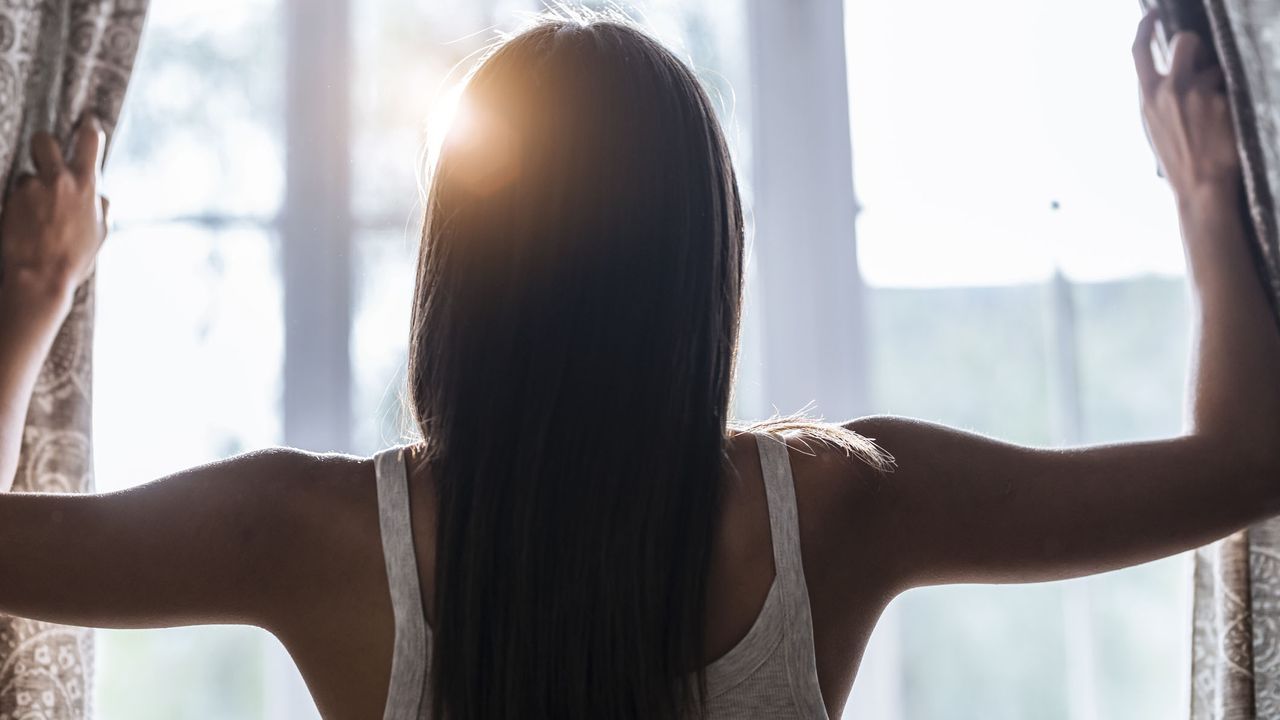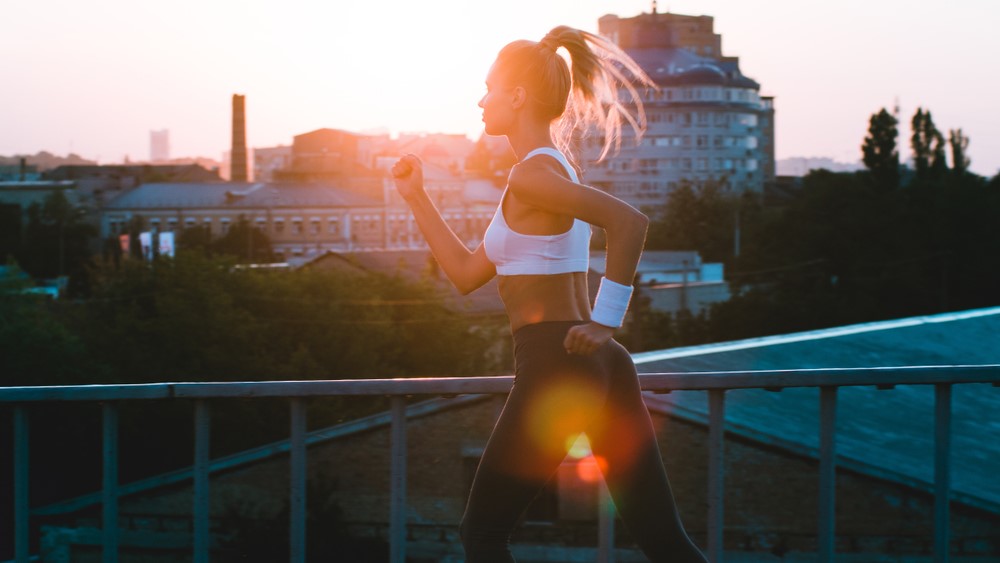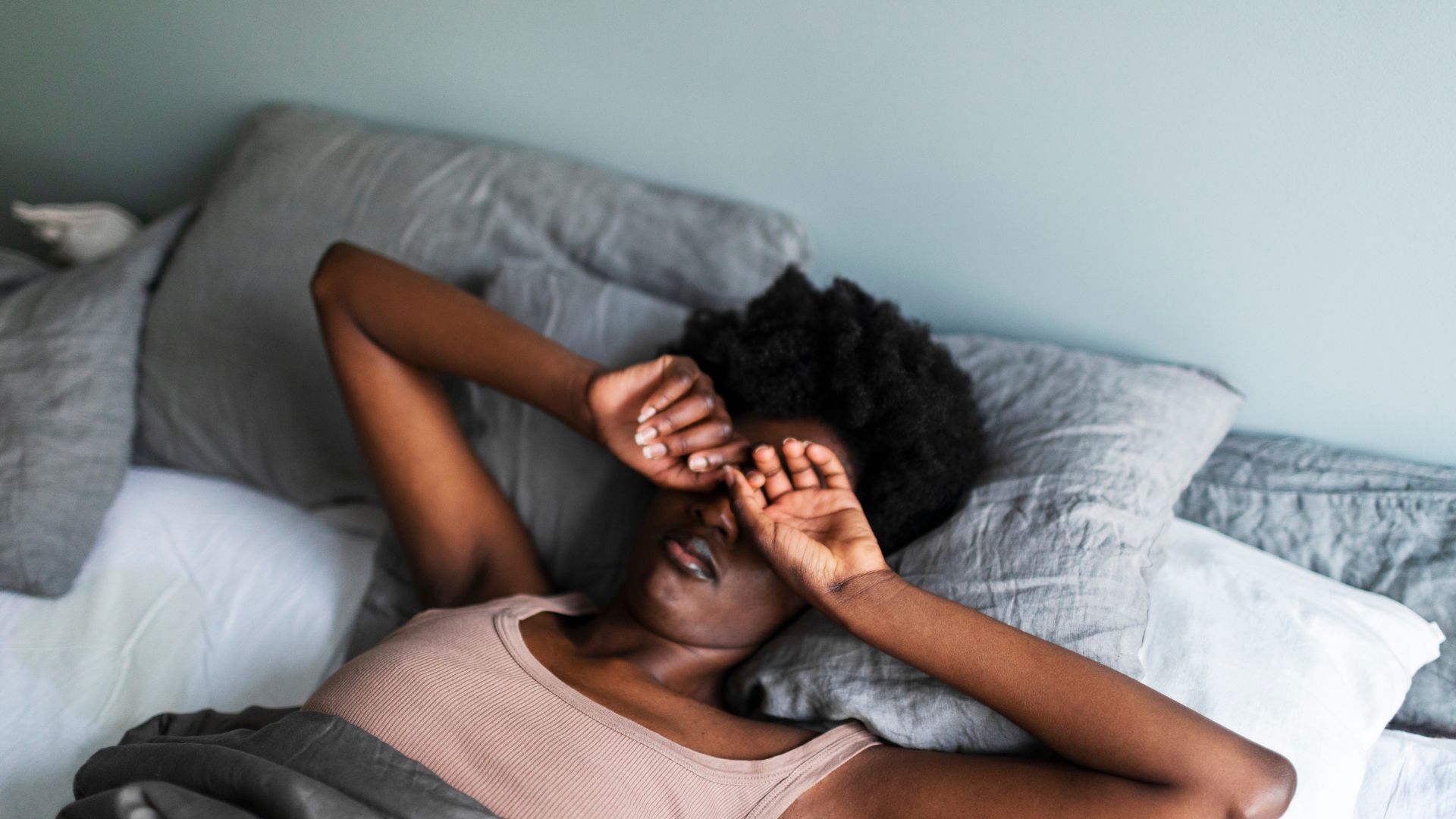
For some people, being a morning person or "early bird" is easy. It comes naturally to them and fits with when they feel most energetic and productive each day.
For night owls, the opposite is true. Their energy levels seem to peak in the evening and they can power through tasks at twice the rate they can when getting up and feeling groggy in the morning.
There are also a lot of people who don’t naturally fall into either camp, and those people might find they benefit most from training to be a morning person.
For advice on how to become a morning person, and why it could be worth trying, I spoke to Peloton instructor Ben Alldis.
What are the benefits of being a morning person?

“Being a morning person means there’s extra time in your day, at the start of your day, which is when you’re feeling most fresh to use as you would like,” says Alldis.
“You can get an early start to workout, or get out for a dog walk, or just spend a moment with a coffee and some calm before a busy day begins. It allows for as much productivity or slowness as you desire.
“It’s time that is free from noise and distractions, and if I can be disciplined enough to not check my phone for maybe the first hour after waking, I’m setting myself up for a really good, positive day.
“If we look at the science of it all, waking up early often means a good, healthy sleep pattern, which creates better energy, mood, and even immune function. It also becomes a really great slot for building habits, such as making a healthy breakfast and getting outside at the start of the day, things that are much harder to fit in once the day gets busy.”
What makes it harder to be a morning person?

“I would say there are many challenges that can affect waking up early,” says Alldis. “As a soon-to-be dad myself, I already know that an inconsistent sleep routine will definitely make my early morning routine look very different.
“The reality is there will be disturbed sleep due to children, different working hours for people, and social commitments that can push bedtimes back. Another thing to consider is that our natural rhythms are different. For some people, they can feel more energized later in the day, and therefore sleep later in the mornings. This is the ‘night owl’ in people, and it doesn’t link well with early mornings.
“I think we’re all guilty of late night scrolling on the phone or ‘one more episode’ of your favorite show, which definitely has an impact on our sleep quality and ability to wake up feeling refreshed. Last but not least, caffeine too late will always mean that sleep is hard, and waking up early even harder.”
How to train yourself to be a morning person

“An easy way to kickstart becoming a morning person is to focus on the night before and really get to grips with a committed ‘wind down routine’,” says Alldies. “Dimming lights, a quick stretch and no screens in bed so your body knows it's time to wind down. Just like a workout goal, start small and build from there.
“Be realistic with your wake up time. Don’t aim to get up two hours earlier, start 15-20 minutes earlier and build over time. That way it becomes part of your routine and not a gruelling punishment that is hard to maintain. Be kind to yourself, these things can take time and it’s progress over perfection.
“Set your clothes aside the night before so there’s less decisions to make in the morning (this one really helps me) and even if it’s just one day a week, have something booked in early — like a workout, that you’re excited to get up for. These little wins make all the difference.
“The biggest win, don’t press snooze on the alarm! When the alarm goes off, set the intention, let some light in and stay committed to the goal of becoming the morning person you want to be.”
Follow Tom's Guide on Google News and add us as a preferred source to get our up-to-date news, analysis, and reviews in your feeds. Make sure to click the Follow button!







